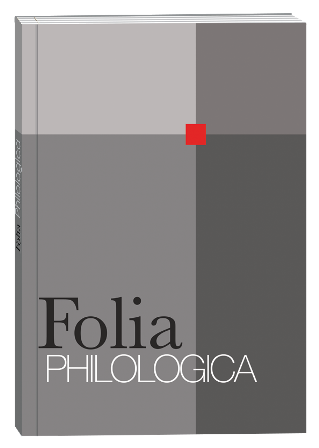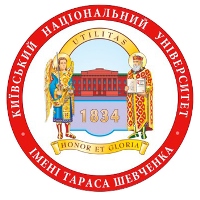ANGLOPHONE ADVERTISING SLOGANS: A FUNCTIONAL ASPECT
DOI:
https://doi.org/10.17721/folia.philologica/2022/3/8Keywords:
Anglophone advertising slogan, advertising discourse, functional-onomasiological approach, functional and onomasiological groups, Maslow’s hierarchy of needsAbstract
The article proposes to investigate functional parameters of the verbal components of advertising using the functional-onomasiological approach. The latter presupposes a research vector from mental processes to their verbalization. Proceeding from the nature of the subject-matter under study, namely Anglophone advertising slogans of online stores, the article puts emphasis on addresser's intention to satisfy the needs of a potential client. On the one hand, advertising is aimed at satisfying certain human aspirations. On the other hand, it creates a sense of potential needs of the consumer. Based on this A. Maslow's classification of needs has been adopted. Applying the elements of functional and onomasiological analysis to the studied Anglophone advertising slogans, it has bocome possible to single out five functional and onomasiological groups (FOG): VU (verbal units) for denoting physiological needs (food, coffee, nutrition; home, living; clothing, dress, shoes); VU for denoting safety needs (safer, law; doctor, medicine, apothecary, healthcare); VU for denoting social needs (family, moms, kids; party); VU for denoting need for respect and self-recognition (style, premier, trends; jewellery, diamonds; brand; quality, classic, vintage; beauty; tech; the first, best); VU for denoting selfactualization needs (books, music; inspire, create, impress, early education, learning academy. Each FOG contains several microgroups. As evidenced by the analyzed FOGs, the function of nominating concepts related to human needs is performed by different-level verbal unitsunits, lexemes, although occasionally such a function is assigned to noun phrases or simple verbal sentences. It has been illustrated that the functional and onomasiological characteristics of Anglophone advertising slogans are the components of verbally encoded marketing plans. In the aspect of the studied advertising slogans, linguistic signs which nominate goods / services that provide human needs are embodied in slogans reflecting the communicative tactics of naming goods and services.
References
Batsevych, F. S., Kosmeda, T. A. (1997). Ocherki po funktsyonalnoi leksikologii [Outlines of functional lexicology]. Lvov. 392 p. [in Russian].
Bondarko, A. V. (1997). K voprosu o funktsyiam gramatiki [On the question of grammar functions]. Izvestiya AN SSSR. Seriia literatury i yazyka – Proceedings of the Academy of Sciences of the USSR. Literature and Language Series. 392 p. [in Russian].
Machulska, K. Ya. (2020). Linhvoprahmatyka komertsiinyh hasel v anhlomovnomu internet-dyskursi reklamy [Linguopragmatics of Commercial Slogans in English-language Advertising Internet Discourse]. Thesis for a Candidate Degree in Philology, Zaporizhzhia : ZNU. 294 p. [in Ukrainian].
Chovanec, J. (2014). Chapters from the history of Czech Functional Linguistics. Brno. 127 p.
Maslow, A. H. (1943). A Theory of Human Motivation. Psychological Review, Vol. 50, pp. 370–396.
CED – Collins English Dictionary. URL: https://www.collinsdictionary.com/dictionary/english)
LDCE – Longman Dictionary of Contemporary English. URL: http://www.ldoceonline.com/









